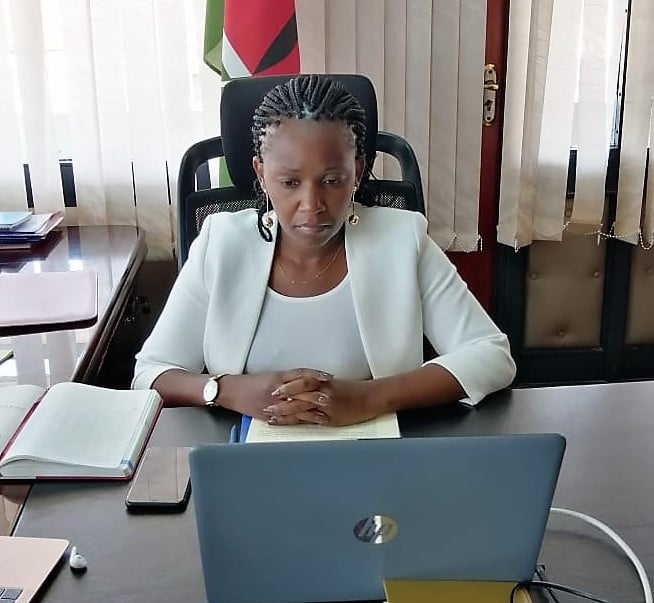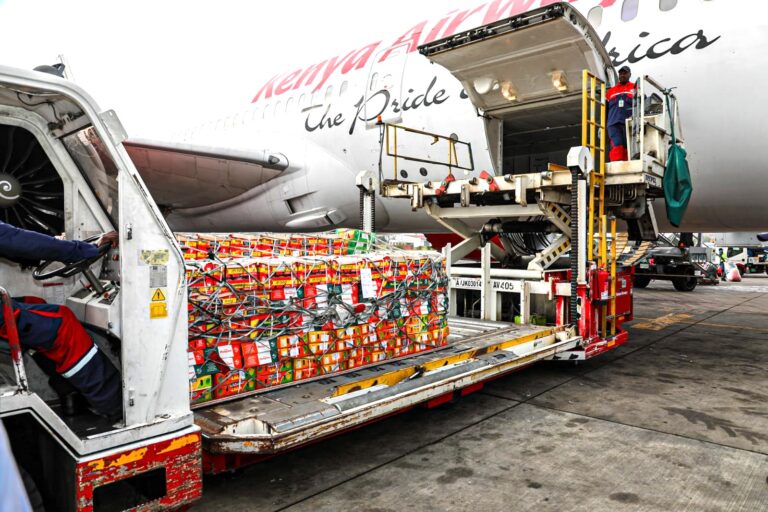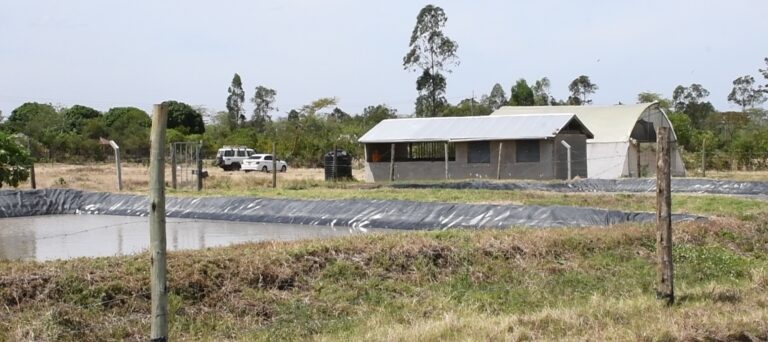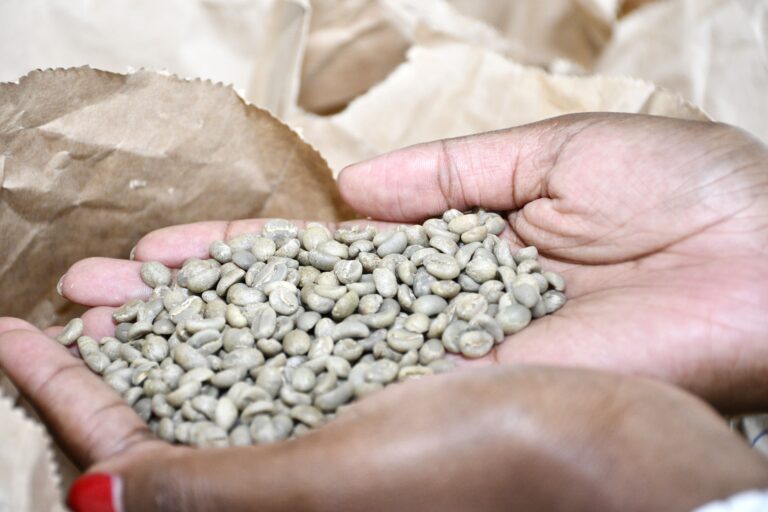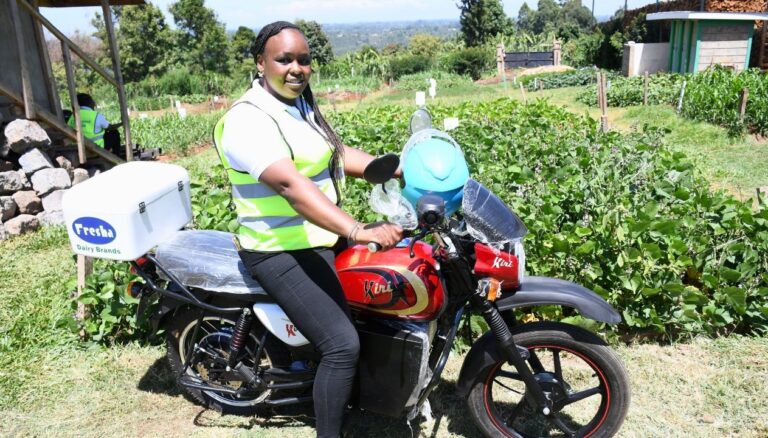By Kimuri Mwangi
Kenya has launched the Country Agribusiness Partnership Framework. A Country Agribusiness Partnership Framework (CAP-F) is a tool to support a country’s Agribusiness Partnerships and Investments. It fosters effective coordination between the private sector, Government, farmers and other non-State actors (NSA) in establishing amicable agribusiness partnerships and investments. It generates a roster of cross-sector commitments for investment, partnerships and commitments.
The CAP-F concept was developed by African Union Commission (AUC), NEPAD and Grow Africa to build on the successes and challenges of the Country Cooperation Agreements established under the New Alliance for Food Security and Nutrition. CAP-F is fully anchored within the national and continental policy architecture of the Comprehensive Africa Agriculture Development Programme (CAADP). 44 countries have so far signed the CAADP compact while 39 countries have developed National Agriculture Investment Plans (NAIPS).
During the launch in Nairobi, the Chief Administrative Secretary (CAS) in the Ministry of Agriculture, Livestock, Fisheries and Cooperatives Anne Nyaga said partnerships will increase investment in Agriculture and offer more opportunities especially to the youth.
“The Ministry of Agriculture, Livestock, Fisheries and Cooperatives acknowledges the difficulties that we are all experiencing due to the COVID-19 pandemic but also recognises the resilience of Kenya’s Agriculture sector. Currently, the Agriculture sector directly contributes approximately 34% to Kenya’s Gross Domestic Product; and another 27% through its linkages with other sectors. It contributes to food security and supplies raw materials to our agro-industries. In addition, the sector is the largest employer in Kenya amounting to about 60% of total employment, provides livelihood opportunities to 80% of our rural population and contributes almost 50% of the country’s forex earnings. From those statistics it is clear that this is a sector that can only stand to grow from increased investment,” said the CAS.
She added that the Ministry’s National Agriculture Investment Plan (NAIP) underline the critical importance of private sector interventions in agricultural value chains in order to achieve the mission and vision of the Ministry saying the design of the NAIP takes cognizance of the important role increased investment, coupled with private sector collaboration plays in the growth of the agricultural sector.
“I also appreciate the strides that the Africa Union Development Agency (AUDA) and Grow Africa have made in the creation of a framework that supports Governments actively working towards an enabling environment for private sector investments in agriculture. Thus, my ministry is in full support of the Country Agribusiness Partnership Framework (CAP-F) and for the launch of this initiative in Kenya. We will ensure that it is institutionalized and integrated within the ASTGS implementation framework, and that all relevant stakeholders are involved. To achieve its objectives, the CAP-F in Kenya will include stakeholders ranging from national and county governments, large- and small-scale private sector players, our Development Partners, and Civil Society,” said Nyaga.
The Ministry has identified the Agriculture Transformation Office (ATO) as the coordinating mechanism for this initiative in Kenya. ATO will coordinate the partnerships and see the process through to actualization of investments in the sector.
Ibrahim Gourouza representing AUDA-NEPAD & Grow Africa said the initiative’s top priority is creating a dynamic private sector to drive greater investments in agriculture. “CAP-F aims to supplement country investments plans by stimulating private investments,” he said. He added that there is need of creating an enabling business environment for private investment at all stages of the value chains while treating agriculture as a business to resolve youth unemployment. “Agriculture accounts for approximately a quarter percent of the continent’s GDP and 70% of employment. Agriculture and the agribusiness sector in Africa are currently worth approximately $300 billion and will transform into a market worth $1 trillion by 2030. 60% of the world’s available arable land is found in Africa – with generally favourable conditions and the agriculture sector has the most scope for growth, development and creation of jobs for its people,” added Gourouza.
Mucai Kunyiha the Chairman of Kenya Association of Manufacturers (KAM) said there is a lot of potential in agriculture especially to give the youth the much needed jobs. “We need to get together and as manufacturers and processors we are glad to be involved,” he quipped.


